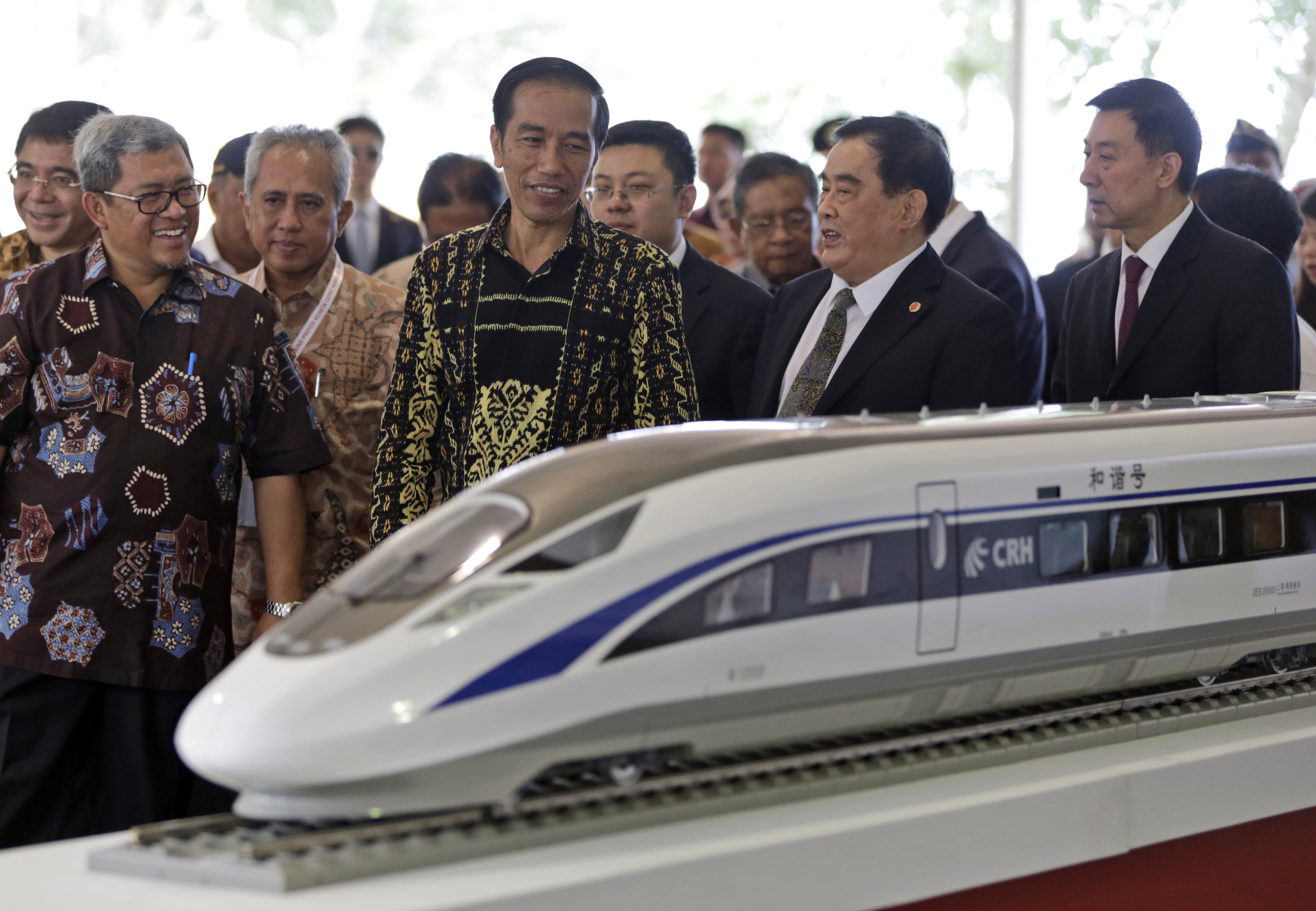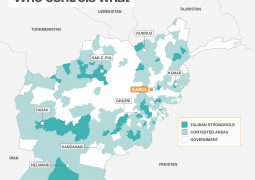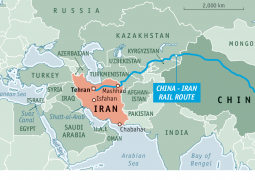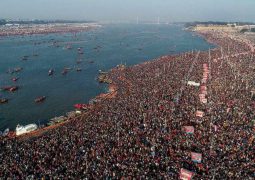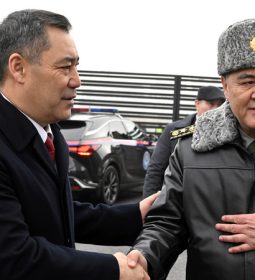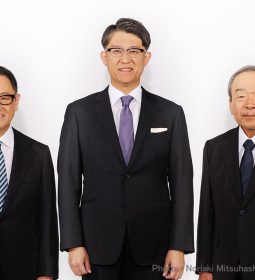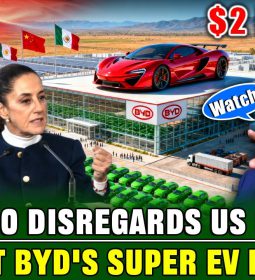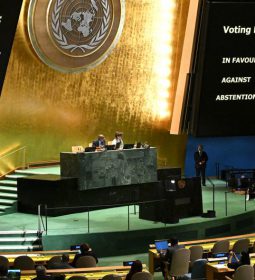Geopolitics: Indonesia forecasts multibillion-dollar belt and road investments in four growth regions
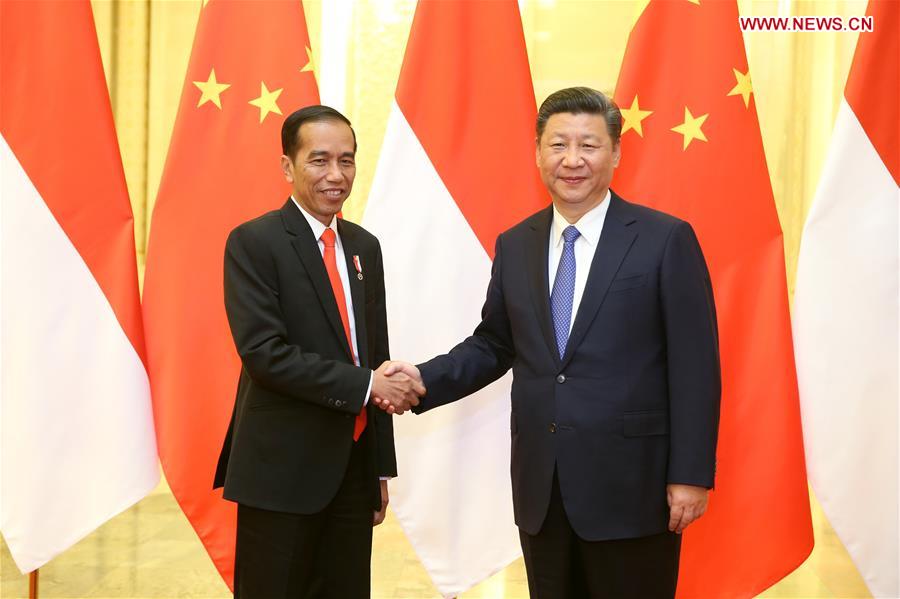
- Speaking on the sidelines of last week’s forum, the country’s investment minister says he finds Beijing’s openness to feedback ‘highly encouraging’
- ‘I believe in the next five to 10 years, belt and road will stimulate additional investment in probably tens of billions of dollars,’ Tom Lembong said
highly encouraging” and is forecasting multibillion-dollar investments by Chinese firms in four regions earmarked as future growth drivers, the country’s investment minister Tom Lembong said.
Lembong, who heads the Indonesian Investment Coordinating Board (BKPM), said one suggestion he gave Beijing was to involve professionals who could structure fair and financially viable deals for its ambitious plan to boost global trade and connectivity.
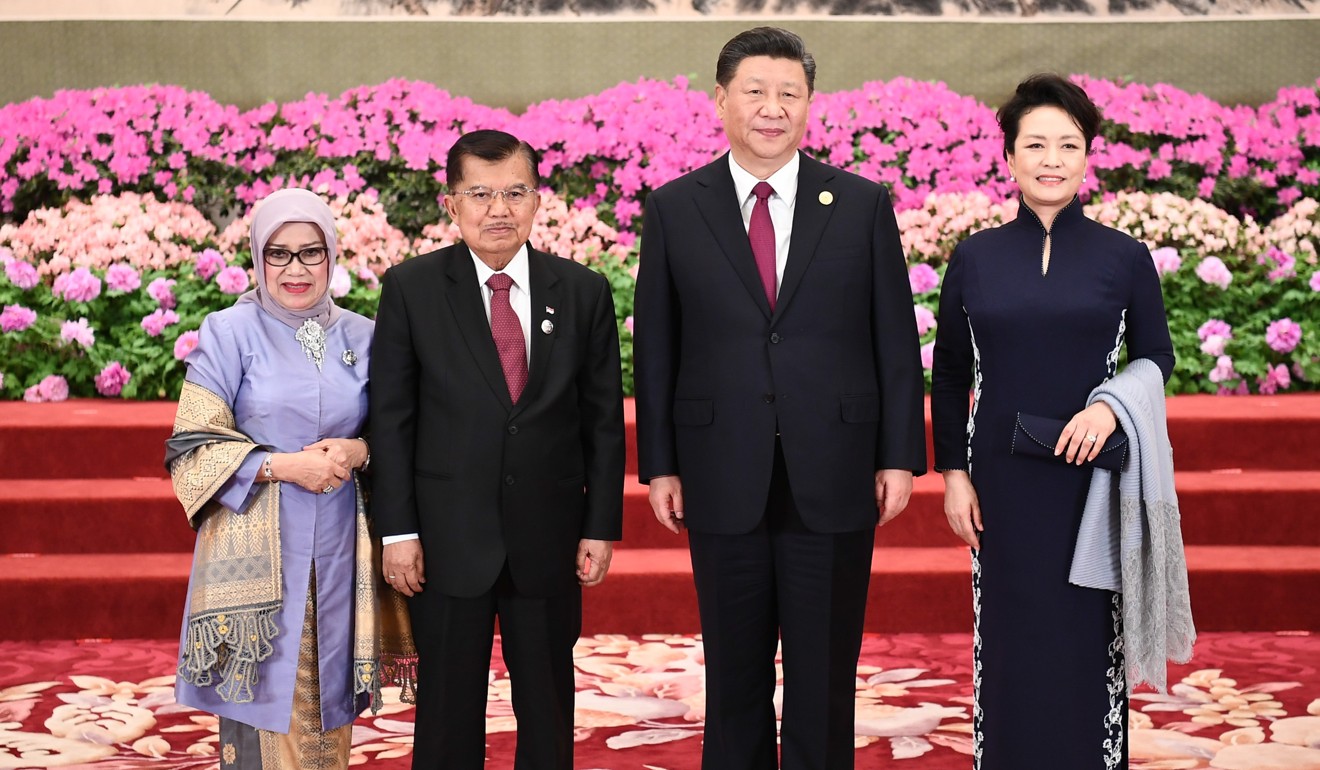
“I believe in the next five to 10 years, BRI will stimulate additional investment in probably tens of billions of dollars, and what both sides are trying to ensure now is the quality of investment, not just the quantity,” Lembong said.
Southeast Asia’s largest economy, which grew at 5.2 per cent last year, is aiming to channel belt and road investments into four “economic corridors” – North Sumatra, North Kalimantan, North Sulawesi and Bali – to tie in with Indonesian president Joko Widodo’s “Global Maritime Fulcrum” vision.
Widodo – who won the recent presidential election according to unofficial counts – pledged when he first took office to boost infrastructure and economic activity across the archipelago of more than 17,000 islands to make the country an influential hub for maritime commerce.
Each economic corridor had advantages for investors, Lembong said. For example, North Kalimantan’s hydropower resources meant it could “power aluminium smelters with cheap but clean electricity” while North Sulawesi was experiencing a tourism boom with 180,000 mainland tourists visiting the region last year, up from just 12,000 in 2013. About 2.1 million mainlanders went to Indonesia last year, making it the second-largest source of tourists.
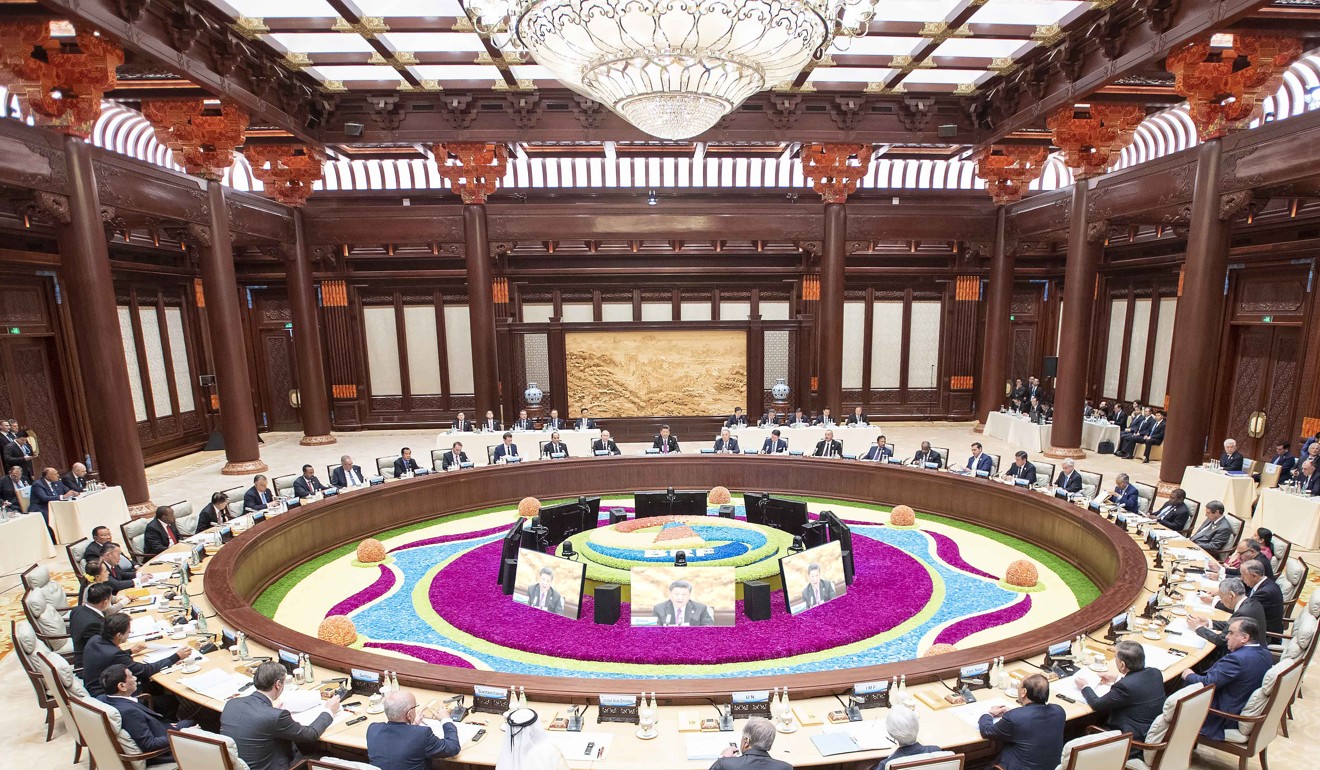

Two-way trade and investment has also grown, underscoring the robustness of bilateral ties, Lembong said. Bilateral trade excluding oil and gas was worth US$72.66 billion, up from US$52.45 billion in 2013, while investments from China to Indonesia were US$2.38 billion last year, from US$297 million in 2013.
“Any controversy generated around our bilateral relations are unfortunate political cheap shots by local politicians or regional politicians, who are cynical or opportunistic in nature,” he said.
Lembong did not refer to specific prickly events, but since Widodo took office in 2014, his administration has clamped down on illegal fishing, with authorities chasing away, capturing or blowing up Chinese and other vessels accused of pillaging the country’s fish stocks.
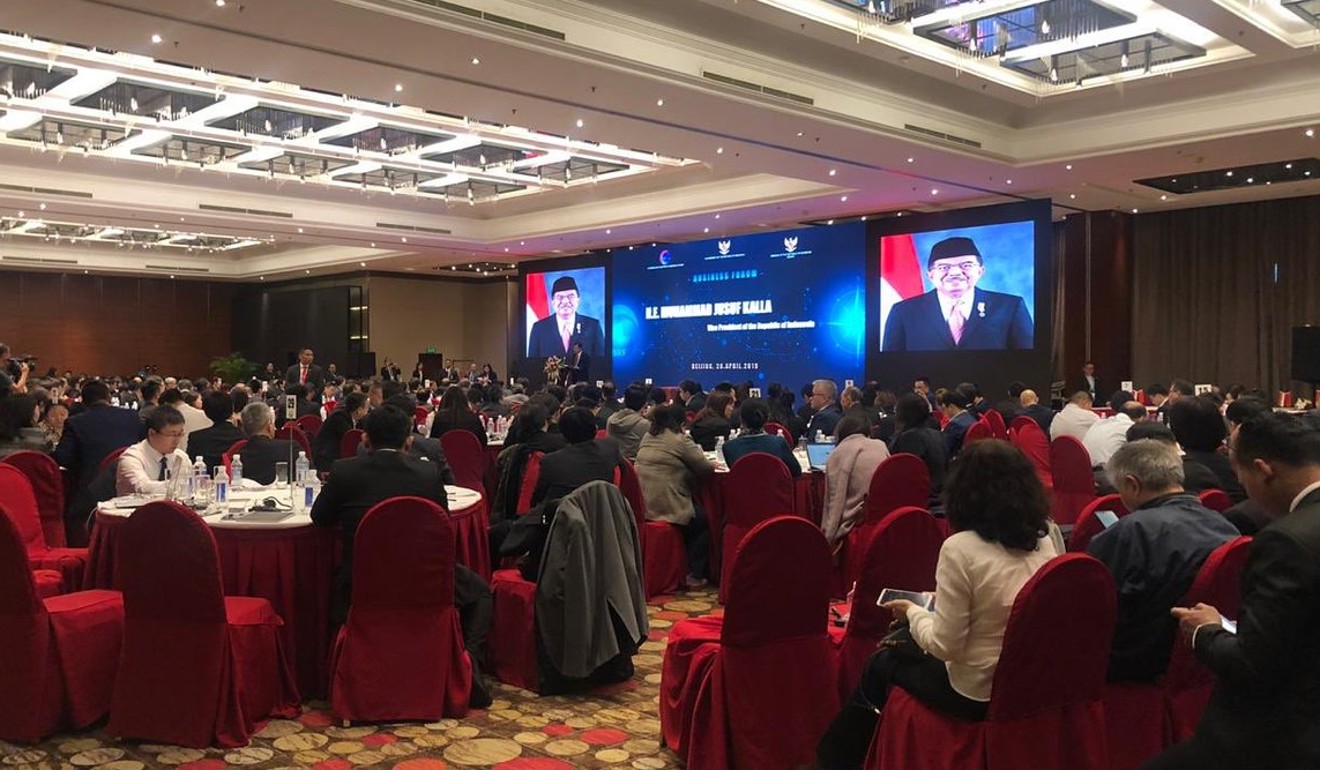
In the run-up to the recent elections, there was a surge in social media posts drumming up fears over the rising levels of Chinese investment and hoaxes that described an influx of Chinese workers taking jobs coveted by Indonesia’s young population, where over half of citizens are aged 40 and below.

After a business forum hosted by the Indonesian government in Beijing on Friday, Li Qiang, the secretary general of the China Stainless Steel Association, said about 20 companies involved in smelting and related businesses were already in Indonesia, with another 10 keen on entering the market.
Close to three-quarters of the forum’s 400 attendees were Chinese business leaders while about 100 were Indonesian entrepreneurs, including Mochtar Riady, one of Indonesia’s wealthiest men and founder of the Lippo Group.
They witnessed the signing of more than 20 agreements between entities from both sides – with 14 of the deals spanning the construction of power generation plants to industrial estates valued at US$14.2 billion, according to Coordinating Minister for Maritime Affairs Luhut Pandjaitan. Other agreements included one for milk producer China Mengniu Dairy Co to set up a dairy production plant and the creation of a technology park on the new Kura Kura island connected to Bali.
Luhut, who has been Widodo’s point person to negotiate deals with Beijing, stressed that all agreements would be between companies, with no financial guarantees made by the government.
Lembong said Indonesian companies had begun investing in China in the 1990s as the country continued with its reform and opening up initiative, and were now a “natural bridge” between the next generation of business leaders from both sides.
On what he deemed as priority areas of investment, Lembong said Indonesia was working to create a diversified economy and he expected Chinese firms to make decisions based on “what they are good at, and economic trends in Indonesia”.
“What I would highlight is that the growth engines of the economy are changing, it used to be commodities like palm oil, coal, but increasingly it’s 21st century industries like e-commerce, digital economy and lifestyle [services] … these are growing by double digits each year.”
Additional reporting by Phila Siu
- Previous The weaponisation of the US dollar is the end of its economic ascendancy in Asia – with China’s yuan ready to fill the void
- Next US-China Trade War results or Long Term Geopolitics Planning over Taiwan Strait?



